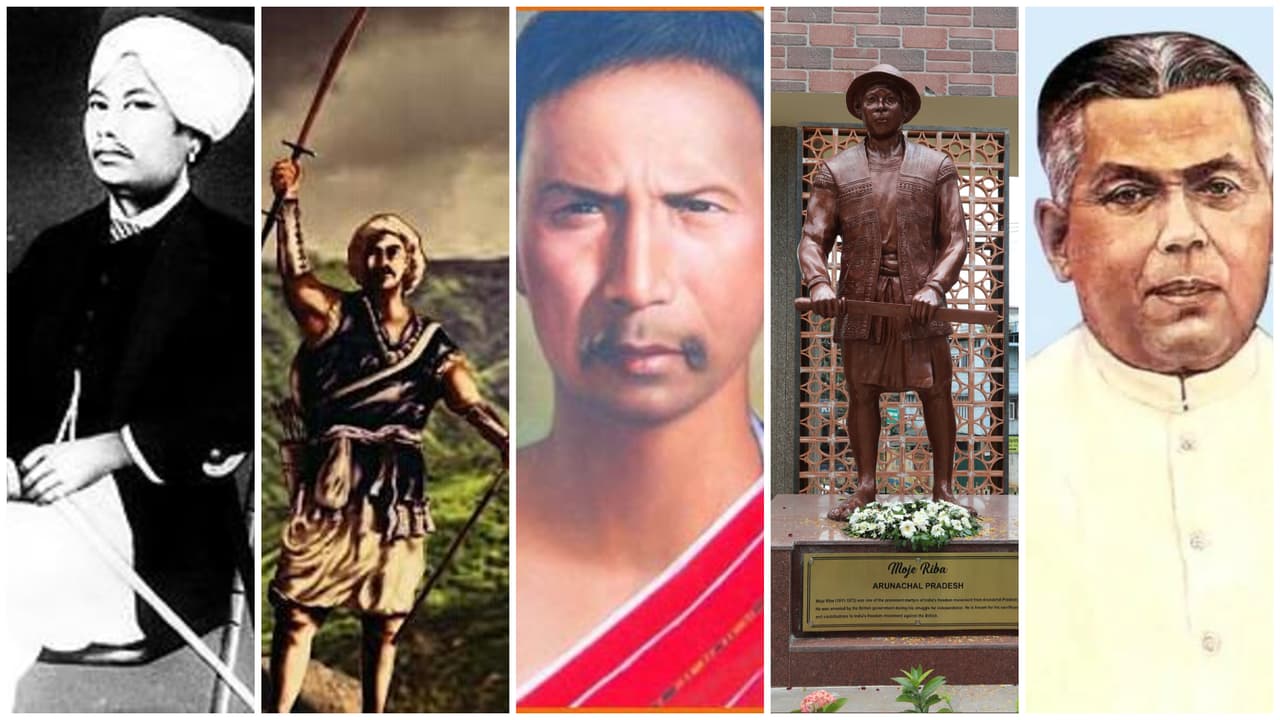“We are free people, the white men should not rule over us,” said a 13-year-old Rani Gaidinliu of the Rongmei Naga tribe in 1927, while issuing a clarion call to all ethnic Naga tribes from remote hills of the northeastern region.
The same year, she joined the Heraka religious reform movement begun by her cousin Haipou Jadonang, which sought to standardise the traditional Naga belief systems against the growing influence of Christianity and Vaishnavism.
Under her guidance, the movement later turned into a political movement seeking to kick the British out from the region. She urged the people not to pay taxes, not work for the British and even went underground to lead many attacks on the colonial administration.
She was arrested in 1932 at the age of 16, and sentenced to life imprisonment. Jawaharlal Nehru met her at Shillong Jail in 1937, and gave her the title of Rani. Released in 1947 after India’s independence, she continued to work for the upliftment of her people.
